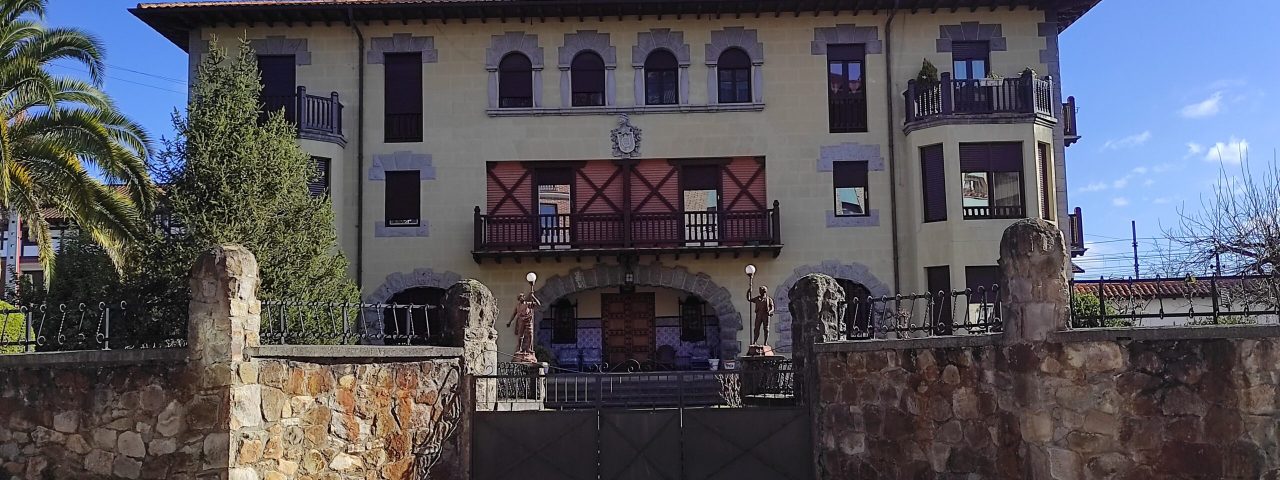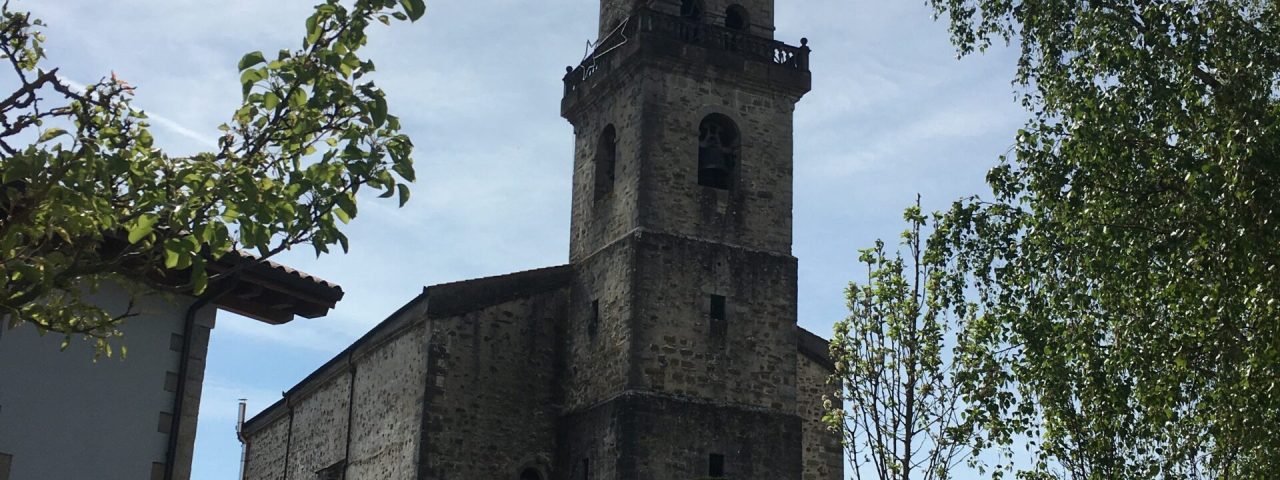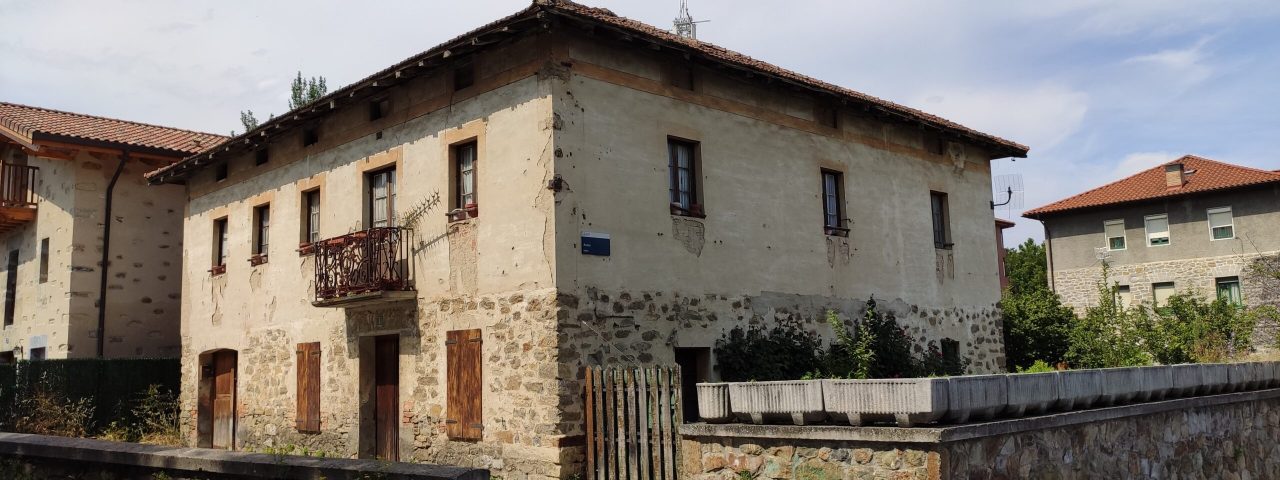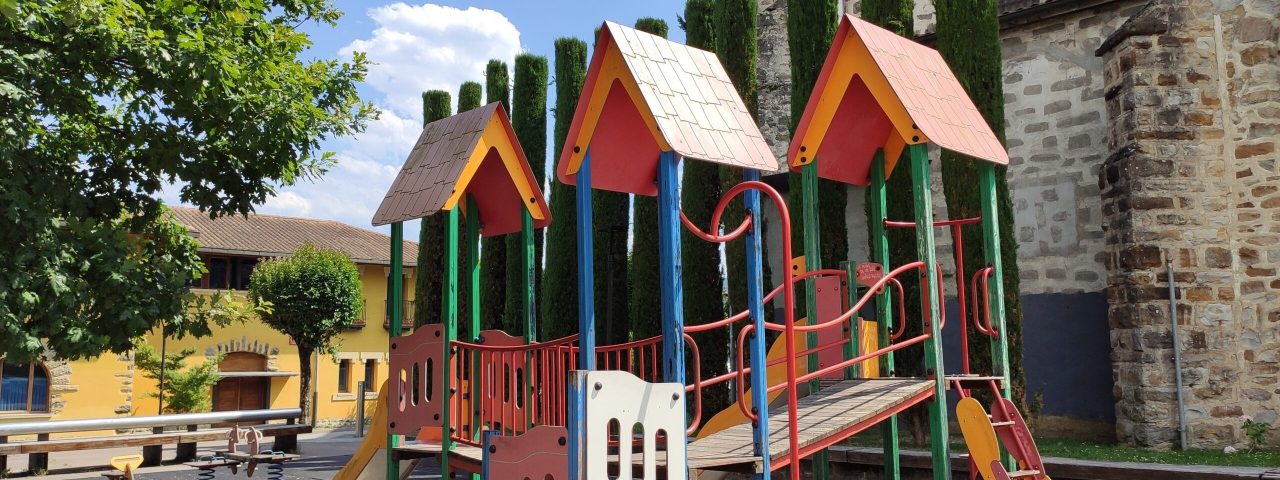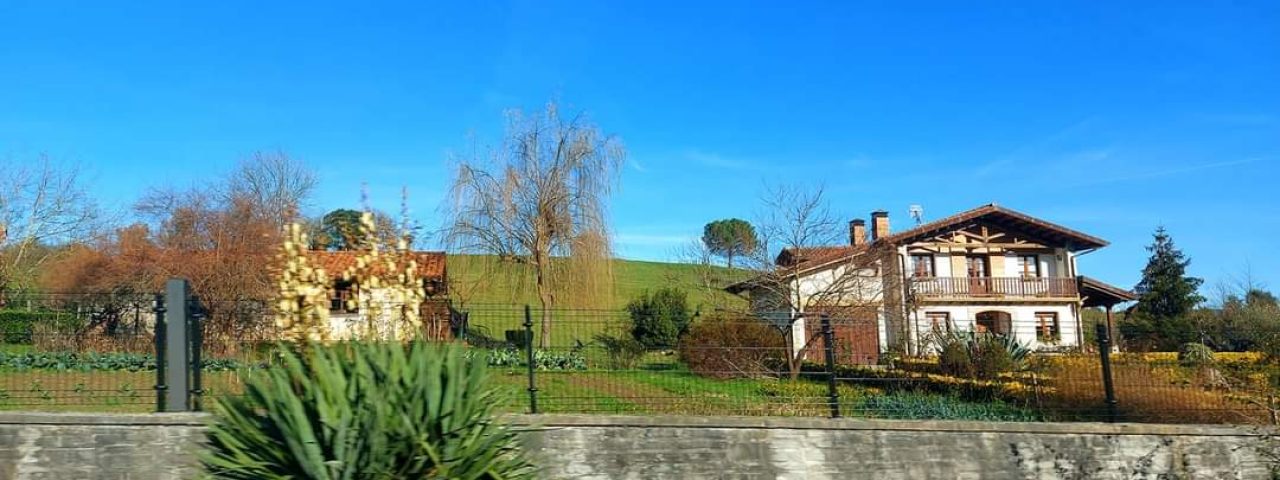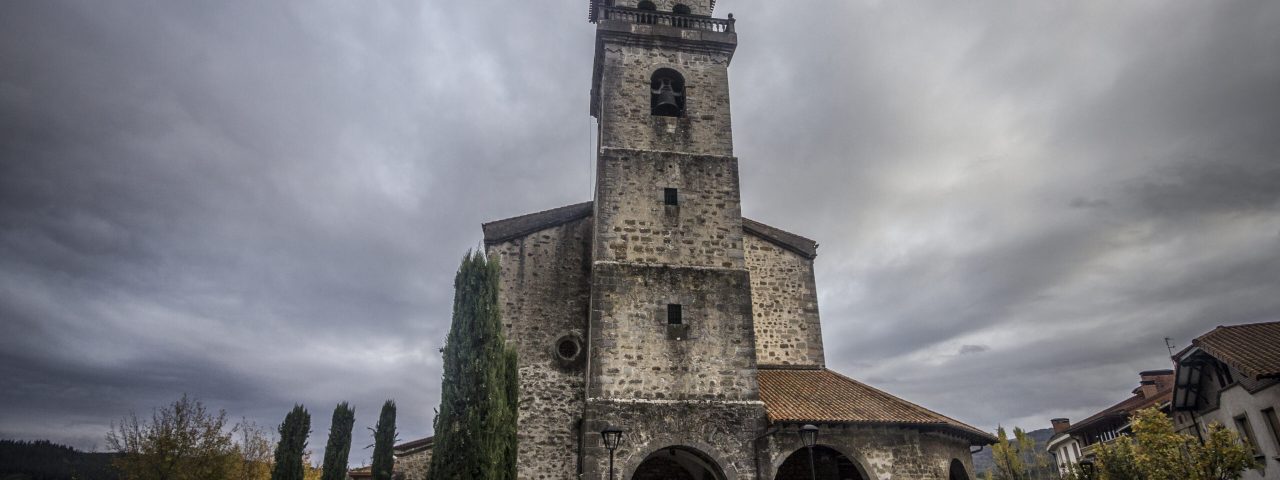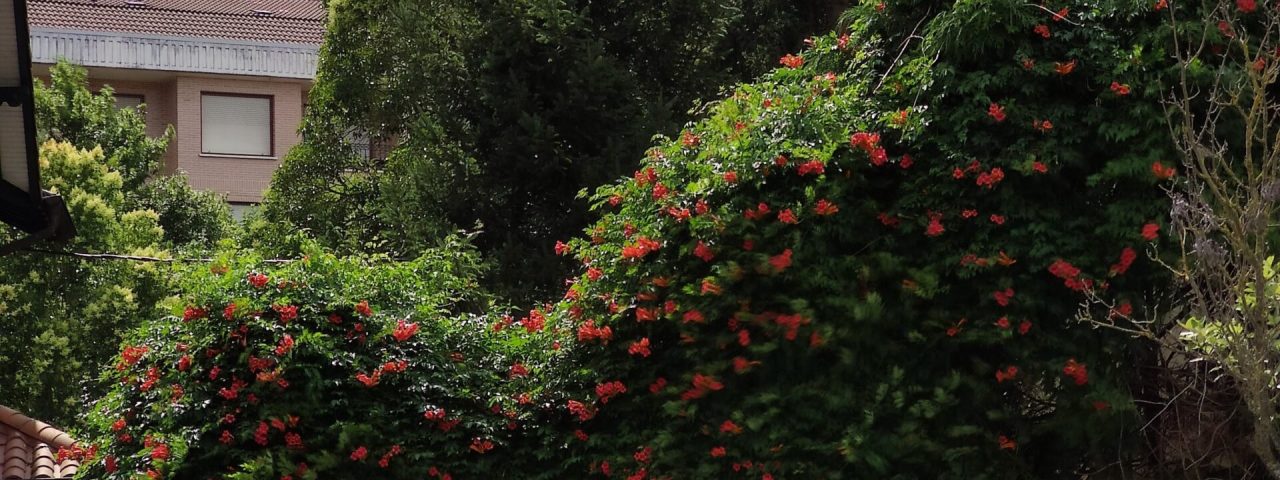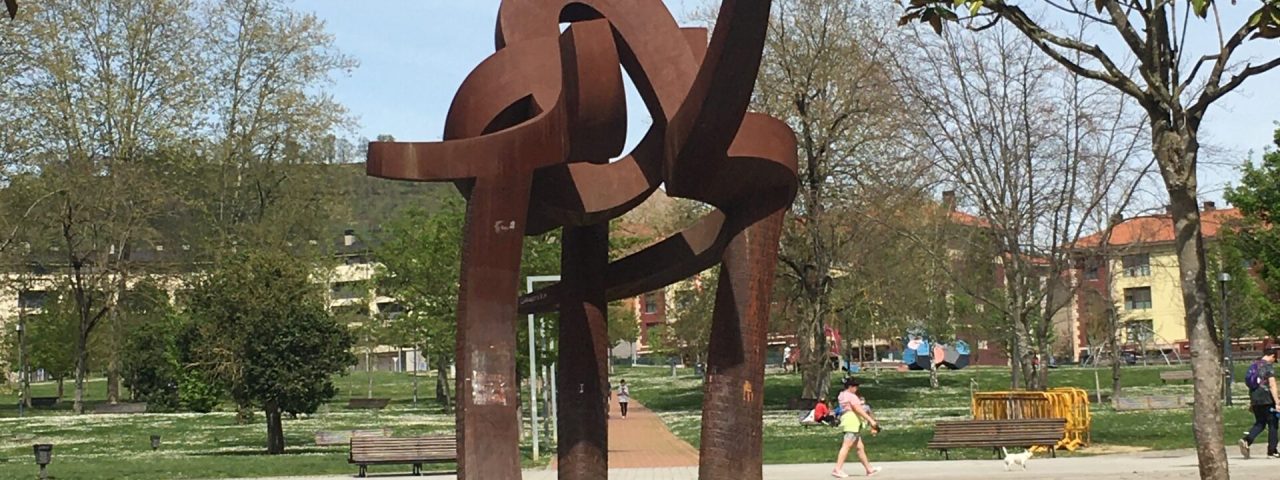Amurrio’s history is deeply intertwined with that of the Basque Country, a region with a rich and unique cultural heritage. Although its origins date back centuries, Amurrio began to grow significantly in the 19th century with the development of the railway system, which helped it transition from a small agricultural community to a more economically diverse town. Over time, it has become known for its commitment to preserving Basque traditions, language, and culture, making it a cultural hub within the province.
One of the most significant cultural aspects of Amurrio is its annual festivals, which draw visitors from all over the region. The “Fiestas de San Roque,” held in August, is one of the most important celebrations, featuring traditional Basque music, dancing, and sports. Another notable event is the “Txakoli Fair,” where locals celebrate the region’s famous white wine, txakoli. These events offer visitors a unique opportunity to experience Basque culture first-hand, with vibrant street performances, parades, and communal meals.
Amurrio is also home to several historical landmarks that reflect its cultural heritage. One of the most notable is the Church of Santa María, a 13th-century Gothic-style building that has been beautifully preserved. Visitors can also explore other local customs, such as the sport of Basque pelota, which is still widely practiced and has deep historical roots in the region.
